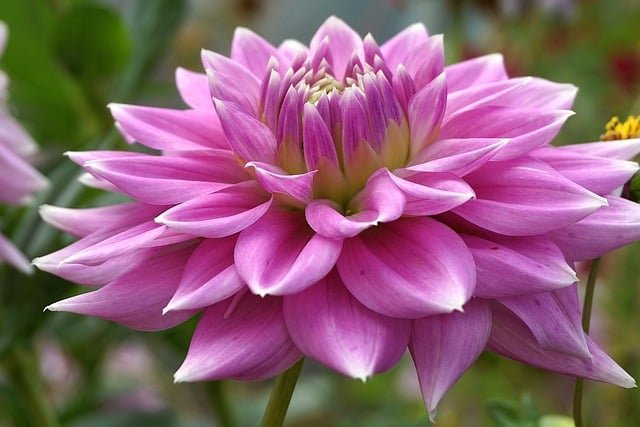Choosing the right wine cooler is essential for any enthusiast looking to preserve their collection’s integrity. This article explores the critical factors of temperature stability and humidity control, explaining how advanced technology in modern units safeguards your investment and ensures every bottle is served at its absolute best.
The Critical Role of Temperature Stability
Consistent temperature is the single most important factor in wine preservation. Fluctuations cause the liquid to expand and contract, which can push the cork out, allowing oxygen to seep in and spoil the wine. A stable environment, ideally between 45-65°F (7-18°C) depending on the type, prevents this chemical degradation. Modern wine coolers utilize advanced compressor or thermoelectric cooling systems to maintain this precision. For instance, a 2021 study by the Journal of Food Science and Technology confirmed that wines stored at a constant 55°F (13°C) showed significantly less oxidation and better-preserved aromatic compounds after one year compared to those exposed to variable conditions.
Humidity Control and Protection from Light
While temperature is paramount, humidity plays a crucial supporting role. An environment that is too dry can cause corks to shrink and crack, while excessive dampness can promote mold growth and label damage. The ideal relative humidity level for wine storage is between 50-70%. Furthermore, ultraviolet (UV) light from the sun or fluorescent bulbs can degrade and prematurely age wine, leading to unpleasant aromas. High-quality wine storage units address this with UV-resistant glass doors and built-in humidity controls. This comprehensive protection ensures not only the liquid’s quality but also the bottle’s condition and value, making a dedicated wine refrigerator an indispensable tool for serious collectors.
Ultimately, proper wine storage hinges on mastering a stable environment. By prioritizing precise temperature control, balanced humidity, and protection from light, you actively preserve the nuanced flavors and aging potential of your collection. Investing in a quality cooling unit is not an accessory but a necessity for ensuring every bottle you open delivers the experience the winemaker intended.
